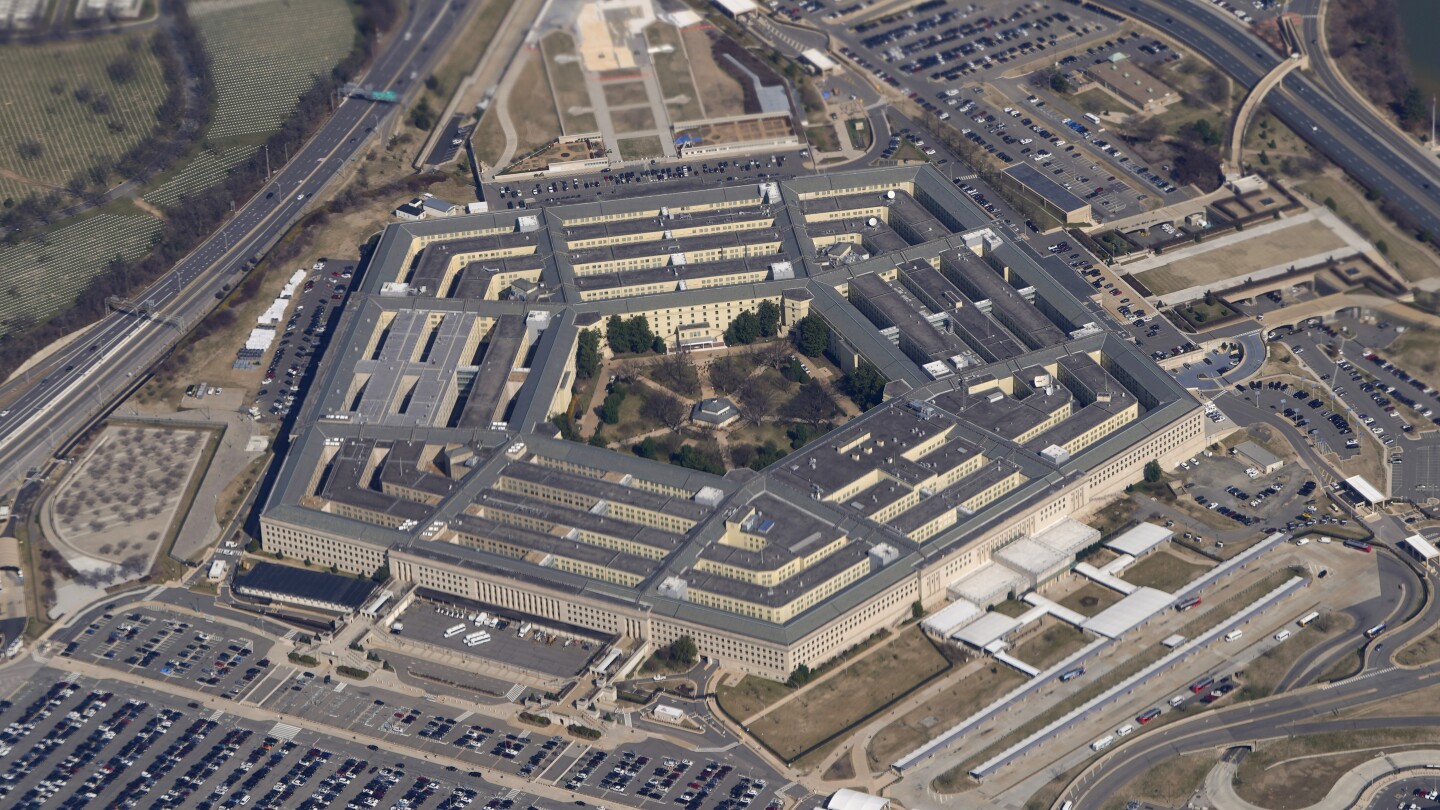WASHINGTON (AP) — The new Sentinel nuclear warhead program is 81% over budget and is now estimated to cost nearly $141 billion, but the Pentagon is moving forward with the program, saying that given the threats from China and Russia it does not have a choice.
The Northrop Grumman Sentinel program is the first major upgrade to the ground-based component of the nuclear triad in more than 60 years and will replace the aging Minuteman III intercontinental ballistic missile.
It involves not only building a new missile but the modernization of 450 silos across five states, their launch control centers, three nuclear missile bases and several other testing facilities.
The expansiveness of the program previously raised questions from government watchdogs as to whether the Pentagon could manage it all.
Military budget officials on Monday said when they set the program’s estimated costs their full knowledge of the modernization needed “was insufficient in hindsight to have a high-quality cost estimate,” Bill LaPlante, under secretary of defense for acquisition and sustainment, told reporters on a call.
The high cost overrun triggered what is known as a Nunn-McCurdy breach, which occurs if the cost of developing a new program increases by 25% or more. By statute, the under secretary of defense for acquisition then must **undertake a rigorous review of the program to determine if it should continue; otherwise the program must be terminated. **



The way military contracts work doesn’t sound like it’s working anymore either
In what way? Them coming out more than expected? That isn’t a new thing, in fact I would say it is the norm for basically all contracts, and not just military ones.
Maybe I’m overly cynical, but it being “only” 81% over budget makes me pleasantly surprised.
I mean, I would love for all that money to go to things that help people directly, instead of “big scary stick to keep other people from maybe hitting us with their sticks at some theoretical point in the future”
Buuuuut honestly when it comes to it’s nuclear arsenal, I just assume all government contracts will eventually be 150%-200% over budget, with at least 3 committees assembled to investigate the expense.
There was a really good freakonomics podcast episode about that! https://freakonomics.com/podcast/heres-why-all-your-projects-are-always-late-and-what-to-do-about-it-rebroadcast/
It has seemed to get worse as systems get more complex but I’m admittedly an outsider to that world
The article explains that the scope of work was so big it was very hard to make a real estimate.
I can imagine that they also probably didn’t agree to use a contractor who made a more realistic estimation.
A program this big likely has a lot of contractors. The guys designing new rockets aren’t going to be the guys refurbishing the silos. Every so often the government does have projects that have “known unknowns” meaning they can’t effectively be accounted for. Should they have run 1,000 smaller projects? Maybe, but they didn’t and there’s trade offs with that too.